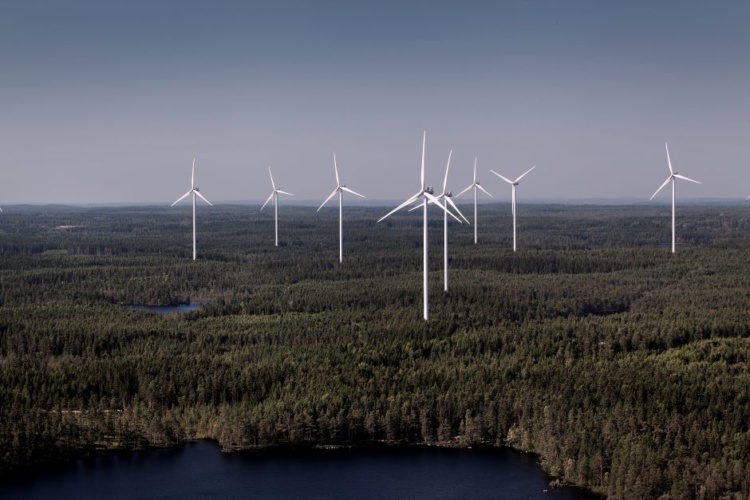
CETEC (Circular Economy for Thermosets Epoxy Composites) is part-funded by Innovation Fund Denmark (IFD) and includes epoxy producer Olin, the Danish Technological Institute (DTI), and Aarhus University.
SusWIND aims for sustainable wind turbine technology
Carbon footprints: Inside Bristol’s National Composites Centre
In the two-step process thermoset composites are first disassembled into fibre and epoxy. Secondly, through a novel chemcycling process, the epoxy is broken up further into base components similar to virgin materials that can be reintroduced into the manufacturing of new turbine blades.
According to Simon Frølich, team manager at the Danish Technological Institute, composite materials are characterised by their low weight and high strength, which is governed by the strong bonding of fibre and epoxy.
“The dilemma is that this strong bond is also the feature that renders these materials difficult to recycle,” he said. “Therefore, the development of CETEC’s novel technology, enabling disassembly of the composite at end-of-life, is a gamechanger that will allow us to capture the value represented by each material stream in a new circular value chain.”
"Chemcycling of epoxy-based materials would allow deconstructing these highly stable polymer chains into molecular building blocks,” added Prof. Dr. Troels Skrydstrup, Aarhus University. “These building blocks are easily processable and can be utilised to produce new epoxy, which will have the same quality as the original material. Avoiding the loss of valuable molecular complexity in such a way is a highly desirable concept and an important step to sustainable materials."
The CETEC epoxy resins recycling solution is expected to gain commercial traction in markets in markets where regulation around waste management for manufacturing industries is tightening. When fully developed, Vestas believes the solution could have an impact on other industries that rely on thermoset composite in production, such as automotive and aviation.




Project to investigate hybrid approach to titanium manufacturing
What is this a hybrid of? Superplastic forming tends to be performed slowly as otherwise the behaviour is the hot creep that typifies hot...